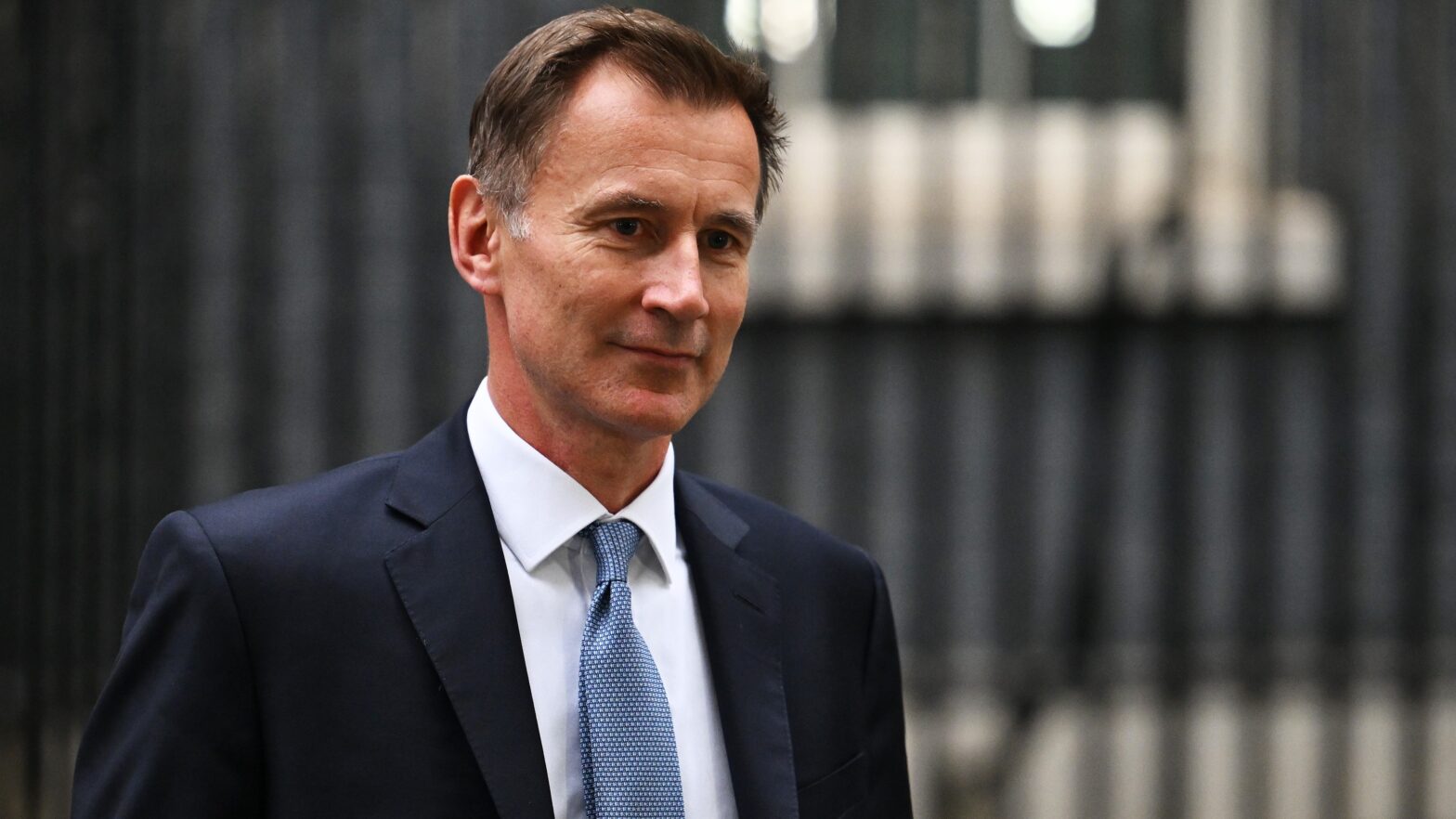Chancellor Jeremy Hunt has reversed nearly all of his predecessor Kwasi Kwarteng’s tax cuts, loading more onto the shoulders of Britain’s 5.6 small businesses.
In particular, the Chancellor has abandoned:
- Reversal of off-payroll working reforms introduced in 2017 and 2021
- VAT-free shopping scheme for overseas visitors
- Tax reductions on dividends for company directors
IR35 reforms going ahead
Commenting on the move to revoke the repeal of the off-payroll rules, Dave Chaplin, CEO of tax compliance firm IR35 Shield, said: “The Conservatives’ U-turn on the repeal has thrown around half of the genuinely self-employed contractors under the bus, and likely kissed goodbye to their success at the next General Election.”
VAT-free shopping
VAT-free shopping for overseas visitors was previously offered to non-EU tourists but Chancellor Rishi Sunak scrapped the entire scheme. Many retailers were excited to be able to offer VAT-free shopping not only to long-haul tourists but also to visitors from the EU.
The measures, combined with the earlier U-turns on corporation tax and the 45p rate of income tax, will save the government £32bn.
On Friday, Prime Minister Liz Truss announced she was also dropping Mr Kwarteng’s plan to keep corporation tax at 19 per cent rather than raise to 25 per cent as proposed by former Chancellor Rishi Sunak, her defeated rival in the tory leadership contest.
>See also: Corporation tax to rise to 25% as planned
The much larger £18bn a year cut to National Insurance contributions will stay because the measure is now part-way through Parliament.
Speaking from the Treasury, Mr Hunt kept stressing the word stability – given the economic turmoil of the last few weeks – and that “growth requires stability .. vital for longterm business planning”.
Plus the basic rate of income tax will remain unchanged at 20 per cent indefinitely. The Government previously announced a 1p cut in the basic rate of income tax.
And the Treasury will review how to support energy bills from April 2023. The help on energy bills was due to apply universally to every household for two years.





